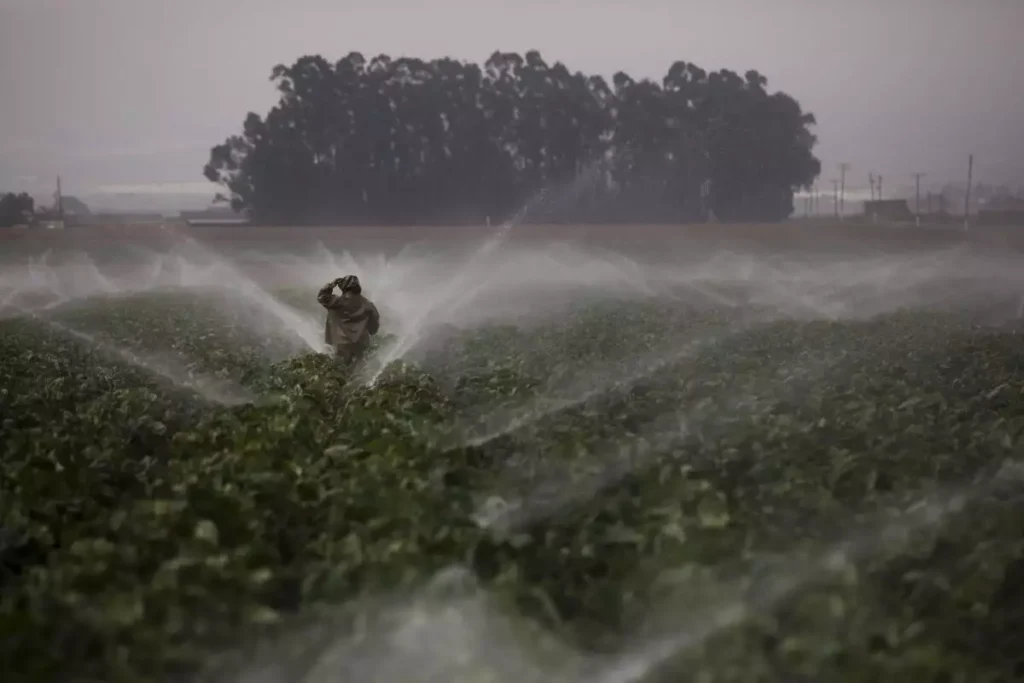The U.S. Environmental Protection Agency (EPA) banned the herbicide Dimethyl tetrachloroterephthalate, commonly known as DCPA or Dacthal.
About DCPA or Dacthal:
- DCPA, known by its main trade name Dacthal, is the dimethyl ester of tetrachloroterephthalic acid.
- It functions as a preemergent herbicide, targeting annual grasses and many common weeds while sparing sensitive plants such as turf grasses, flowers, fruits, vegetables, and cotton.
- Specifically, it is applied to a variety of crops including broccoli, brussels sprouts, cabbage, and onions.
- Exposure to DCPA has been linked to potential health risks in fetuses, including low birth weight, impaired brain development, decreased IQ, and impaired motor skills in later life.
Ref: Source
| UPSC IAS Preparation Resources | |
| Current Affairs Analysis | Topperspedia |
| GS Shots | Simply Explained |
| Daily Flash Cards | Daily Quiz |
Frequently Asked Question:
What is DCPA used for?
DCPA is primarily utilized as a pre-emergence herbicide to manage various weeds and grasses across both agricultural and non-agricultural settings, effectively targeting plants like foxtail, crabgrass, and certain broadleaf weeds without harming crops like broccoli, cabbage, and onions.
Is Dacthal organic?
Dacthal is not classified as an organic compound due to its synthetic chemical structure and the presence of several chlorine atoms in its formula.



